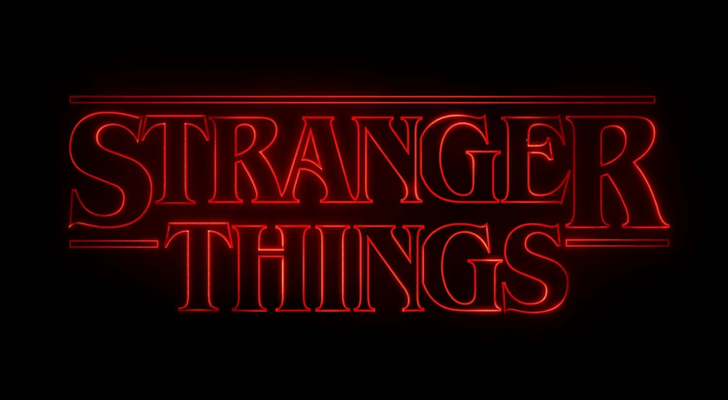Ever been nostalgic listening to a song from a time you have never been? A movie from before you were born?
We all have been. For me The Breakfast Club and The Talking Head’s This Must Be The Place make me nostalgic because both are so happy, yet obnoxiously annoy. Despite never being in the 80s, nor 80s America, both art products make the best (though misleading) time machines of what the 80s was. The nostalgia is not unique to you or me: countless movies are ‘stylised’, contemporary art ‘inspired’, and music ‘integrated’ into the churn of remakes and corporate innovations.
Take Black Mirror adopting anthological series from The Twilight Zone, The Perks of Being A Wallflower carrying The Smiths obsession, the success of sexist Mad Men, Stranger Things taking the Star Wars poster aesthetic, or the frankly plagiaristic Friends remake that was How I Met Your Mother. These all take from culture at large and contribute to it. Sometimes in a good way; an original homage like Black Mirror, and in others an overwrite that might merely detract from its betters–think of the angsty collage that made Mr Robot. Fightclub + The Matrix + Edward Snowden = Mr. Robot. Reductive but disturbingly close to covering it.
Two things are at play here: first is the present as the sum of History with some of these patterns sticking in the chain reaction because they simply work; are reliably enjoyed, such as the consistent appreciation of pretty colours, plots, and gossip. Second is the public imagination that gives rise to a nostalgia before the ‘real’ nostalgia of reminiscence.
The two are very much aligned. Nostalgia is the experience of the past, bittersweet part-imagined reminiscence that reveals the past in the present–in the case of art and cumulative science the products of the past are the very present. Nostalgia shows our insatiable greed for experience; and the bittersweet nature of ‘progress’.
The German philosopher Georg Hegel was the first thinker to treat the past generously – this is what we do during nostalgia – as better in innumerable, and some unknowable, ways. Rather than switch off from ‘things were better during the war’ as a joke, some things probably were: comradery and an explicit national agenda and fighting for the good must have given a feeling of belonging and confidence in the future that is doubted now.
Hegel advises that every bad thing has its good counterparts and vice versa. The triangle slave trade, for instance, culminated in modern music and Maya Angelou, among others. The made-obvious devastatIon of nuclear warfare in Hiroshima and Nagasaki made countries wary of using it, ended the war early, and may well have stopped Stalin pushing for more of Europe and Asia. The Vietnam war made The Summer of Love. The U.S.S.R popularised poetry. The horrors of the mafia had to exist for The Godfather to exist. The Cold War had us reach the moon.
In short, there is no wholly distinct good or bad and the march toward better and progress inevitably loses many – in some ways good, in some ways bad – things along the way. In our own time, individualism has helped keep everyone in check because it requires individual responsibility and punishment; but it has gone too far resulting in higher suicide rates (an effect of failure and isolation), unknown to prior generations and communities. According to sociology forefather Emilie Durkheim in Suicide.
Nostalgia for before birth is not false. The objects that cause such nostalgia are products of their time so carry their time in them, or in their imitations. A lot of distortion goes on, but that is how collective memory works. Art is the conveyance of experience, experience the passing on of memory. Hegel believes art is for advertising values and offering up lifestyles and experience. When we dismiss nostalgia we dismiss alternatives (and a lot of pleasure).
More useful art is popular art because it affects more minds. The seemingly frivolous choice of what you consume (read, watch, take-in) is part of a vast ecosystem of Culture. The nostalgia for-before birth subtly alerts us to good aspects and the sheer interest that comes with distance. That Talking Heads song This Must Be The Place is about homely love as opposed to making it or pretentious romance and sounds different for all its annoyance. The Breakfast Club is clichéd, but it created those clichés to efficiently illustrate how our parents, looks, and class fate our lives and circle.
That nostalgia tells us who we are, what we lack, and suggests what we could be from the templates of the past. Think that over the next time you do, well, anything.


2 thoughts on “The Secret Wisdom of Nostalgia”